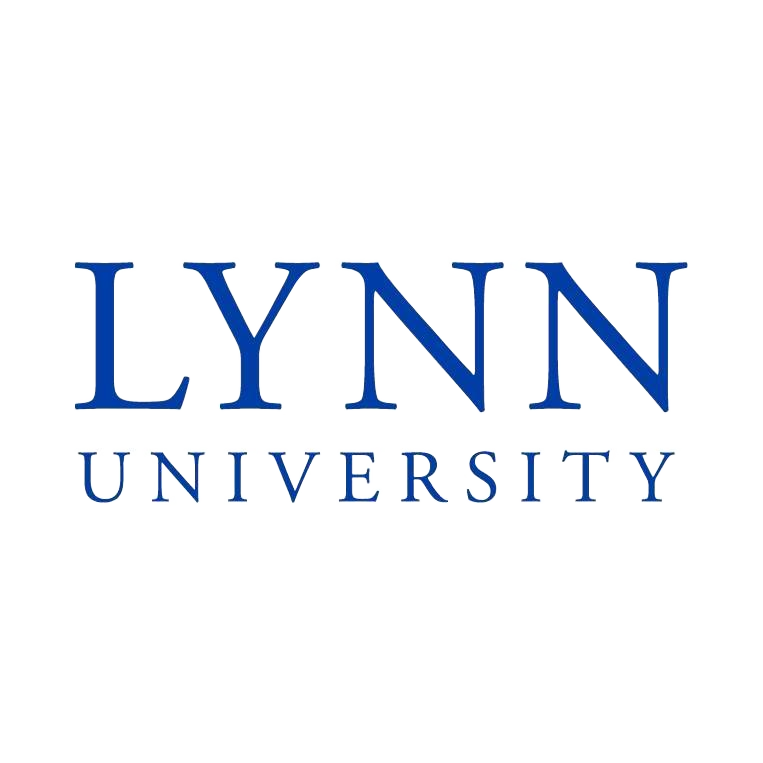
Financial aid (may be available)

Financial aid (may be available)

No cost info

No cost info

Financial aid (may be available)

Financial aid (may be available)

Financial aid (may be available)

No cost info

Financial aid (may be available)

Financial aid (may be available)

Financial aid (may be available)

Financial aid (may be available)

$3,220 total
$3,286 total
No cost info
No cost info
No cost info

Financial aid (may be available)
$649 total
No cost info
No cost info

$4,995 total
Are you interested in a career in Human Resource Administration? If you're located in Portland, Oregon, you're in luck! There are several options for Human Resource Administration classes near you. In this blog post, we will explore what a Human Resource Administration class entails, the training requirements, what to look for in a class, what to expect from the day-to-day class, the certification process, how to find related jobs, and other classes that you can take after becoming a Human Resource Administrator.

Human Resource Administration involves the management of an organization's workforce. It encompasses a range of responsibilities, including hiring and retaining employees, handling employee relations, administering benefits, managing payroll, and ensuring compliance with labor laws and regulations. Human Resource Administrators are responsible for developing and implementing policies and procedures that support the organization's goals and values.
To pursue a career in Human Resource Administration, it is beneficial to have a combination of education and experience. While a bachelor's degree in human resources or a related field is not always required, it can enhance your opportunities for advancement in the field. Many employers prefer candidates with formal education in human resources.
In addition to formal education, gaining practical experience through internships or entry-level HR positions can also be valuable. These experiences allow you to develop a strong understanding of HR practices and build a network of professionals in the field.
When searching for a Human Resource Administration class, it's important to consider several factors to ensure you find the best fit for your needs. Here are some things to look for:
Accreditation: Make sure the class is offered by an accredited institution or organization. This ensures that the program meets established standards of quality and that the certification you earn will be recognized by employers.
Curriculum: Review the curriculum to ensure it covers all the essential topics and skills necessary for a career in Human Resource Administration. Look for classes that offer a comprehensive overview of HR functions, including recruitment, employee relations, compensation and benefits, and employment law.
Instructor Qualifications: Research the qualifications and experience of the instructors who will be teaching the class. It's important to learn from professionals who have real-world experience in the field and can provide valuable insights and practical knowledge.
Flexibility: Consider your schedule and availability when choosing a class. Look for options that offer flexible scheduling, such as evening or weekend classes, or online options that allow you to learn at your own pace.
Resources and Support: Find out what additional resources and support are available to students. This could include access to career services, networking opportunities, or ongoing professional development.
A Human Resource Administration class typically provides a combination of theoretical knowledge and practical application. Here are some things you can expect from the day-to-day class:
Lectures and Discussions: You will attend lectures where the instructor will cover essential topics and provide in-depth explanations. Class discussions may also be encouraged to promote interaction and the exchange of ideas among students.
Case Studies and Simulations: To enhance your understanding of HR practices, you may be assigned case studies or participate in simulations that simulate real-world HR scenarios. This allows you to apply theoretical knowledge to practical situations.
Group Projects and Presentations: Collaborative group projects and presentations may be assigned to develop teamwork and communication skills. These activities also provide an opportunity to showcase your understanding of HR concepts and your ability to analyze and solve HR-related problems.
Guest Speakers: Occasionally, guest speakers from the HR industry may be invited to share their experiences and insights. This provides valuable exposure to different perspectives and can help you build connections within the HR community.
After completing a Human Resource Administration class, you may have the opportunity to pursue certification. While certification is not always required for entry-level HR positions, it can enhance your credibility and demonstrate your commitment to professional development. The certification process typically involves the following steps:
Eligibility: Check the eligibility requirements for the certification you are interested in pursuing. These requirements may include a combination of education and professional experience.
Exam Preparation: Prepare for the certification exam by reviewing the exam content outline and studying the recommended resources. You may choose to enroll in exam preparation courses or study independently.
Exam Registration: Once you feel prepared, register for the certification exam. The exam is usually administered by a recognized HR professional association or certification body.
Exam Completion: Take the exam on the scheduled date and time. The exam may consist of multiple-choice questions, case studies, or a combination of different question formats.
Certification Award: If you pass the exam, you will receive your certification. This certification can be included on your resume and LinkedIn profile to showcase your expertise in Human Resource Administration.
After completing a Human Resource Administration class and obtaining certification, you may be ready to start your career in HR. Here are some strategies to help you find related jobs:
Networking: Leverage your network of contacts to learn about job opportunities in HR. Attend industry events, join professional HR associations, and connect with HR professionals on platforms like LinkedIn.
Online Job Boards: Utilize online job boards to search for HR positions. Websites like Indeed, LinkedIn, and Glassdoor often have a wide range of job listings in the HR field.
Company Websites: Visit the websites of companies you are interested in working for. Many organizations post job openings directly on their websites, and this can be a great way to find HR positions that may not be advertised on other platforms.
Career Services: If you completed your HR class through an educational institution, take advantage of the career services offered by the institution. They may have job boards, resume assistance, and networking events specifically tailored to HR professionals.
Once you have gained experience as a Human Resource Administrator, there may be additional classes you can take to further enhance your skills and knowledge. Here are some examples of classes that can complement your HR background:
Leadership and Management: Taking classes in leadership and management can help you develop the skills necessary to advance into managerial roles within the HR field. These classes typically cover topics such as strategic planning, team building, and conflict resolution.
Employment Law: Classes in employment law can deepen your understanding of the legal aspects of HR. This knowledge is crucial for ensuring compliance with labor laws and regulations and mitigating legal risks within an organization.
Training and Development: Classes in training and development can equip you with the skills to design and deliver effective training programs for employees. This includes understanding adult learning principles, instructional design, and evaluating training outcomes.
Compensation and Benefits: Taking classes in compensation and benefits can provide you with an in-depth understanding of designing and administering competitive compensation and benefits programs. This knowledge is essential for attracting and retaining top talent within organizations.
If you are interested in a career in Human Resource Administration, pursuing a Human Resource Administration class can provide you with the necessary knowledge and skills to succeed in the field. Whether you are just starting your career or looking to advance in HR, there are options available near you in Portland, Oregon. Remember to consider factors such as accreditation, curriculum, instructor qualifications, flexibility, and available resources when choosing a class. After completing a class and obtaining certification, you will be well-equipped to find related jobs and continue your professional development in the HR field.
For more information on vocational training programs and career options, visit Dreambound. Dreambound is the largest platform for students to find vocational training programs, such as allied health or industrial trades. Their mission is to provide all the information students need to find the perfect class.
Dreambound has an extensive collection of guides that dive deep into how to get started in the field, tailored for various cities. For those based in different locations or planning to move, we recommend exploring our other guides.
Are you exploring diverse professional opportunities? Take a closer look at these resources that Dreambound has written to help in your search.
Dreambound's platform allows prospective students to find the right educational program for them through searching, filtering, and connecting with our extensive selection of career & technical education partners.
Dreambound has over 70 programs across healthcare, technology, business, and industrial trades. This includes programs such as Medical Billing, Cybersecurity, and welding.
Some of our schools offer financial aid for those who qualify. Many others offer payment plans, where you can pay the cost of class over time.
Yes, Dreambound offers many online programs. On Dreambound's search, you can filter by online, in-person, and hybrid (part online, part in-person).
Dreambound is completely free for you to use! We are supported by schools and organizations who pay to advertise on our website, so we can offer all of our career resources for free.